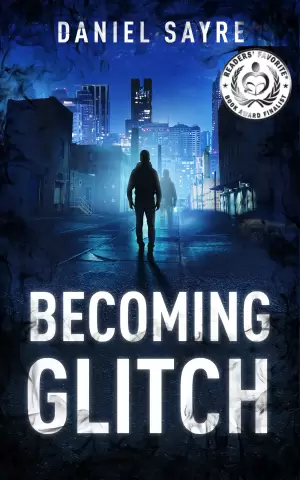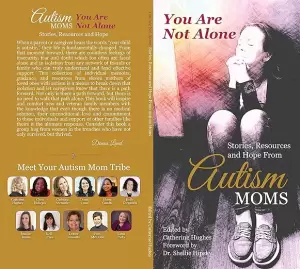From the Sixties to Sixty
My teen years were during the sixties, part of a generation that was willful and wishful. My own willfulness has evolved into determination and the wishfulness to hopefulness, as I now enter my own sixties.
I have seen older people in circumstances favorable for happiness find only resentment and anger as they grew older. Then there are those who would seem to have little reason to be happy, but find much to enjoy as they age. Outlook seems to be a major determining factor in how content we are, optimistic and adaptable or dismal and inflexible to the events in one’s life. Nothing can undermine someone who makes the best of every situation just as nothing can help the person who sees only gloom. A good friend was burned severely at the age of 50, which would have led some to a life of bitterness, but not Gene. He picked up and moved from a cold climate to the warmth of Arizona and there found a job that required he used his painfully disfigured and immobile arms until they once again became flexible. He lived well into his 80’s and made a satisfying and happy life out of his seemingly tragic fortune. I was always surprised when someone, meeting him for the first time, would be taken aback by his scarred face, because his scars disappeared for me once I got to know his wonderful undaunted attitude.
I read a book called “Psycho Cybernetics” by Walter Maltz in the early 70’s and it permanently changed my outlook. One of the beliefs it promoted was that one can live a happy life despite disappointments and unexpected challenges. Mr. Maltz proposed that fulfillment doesn’t depend on what happens or doesn’t happen but how we perceive the happenings. While we can’t always control events we can always determine our reaction to those events and that conviction is where we find our freedom. This philosophy is just as important when we grow old as it is in our youth, the freedom of our attitude is ours to choose or we can leave it to happenstance.
Moreover old age is only another time in life not the most difficult, for no point in life has more or less challenges than another, just different ones. Life is a constant change of events and our viewpoint at a given time will determine our satisfaction. It is important to rethink our position particularly during unsettling times as often the cause of our disquiet is our own perspective. This isn’t to say we can manipulate every situation by assigning our own view of it, but rather by considering other options we may be adaptable to a situation. Survival is of the most adaptable.
Much of our discontent comes from anticipating the future and dwelling in the past although we can only live in the present moment. Focusing on now alleviates the anxiety of anticipating what might happen and makes use of our time. We are only able to order a few aspects of our lives at best and even those are tenuous. We can choose to enjoy the good times and try to face the bad times with grace and optimism knowing life is dynamic and change inevitable.
Most important, giving and receiving love is essential for contentment. Not necessarily a specific kind of love but rather affection and kindness for another person or living thing. The feeling we get from caring and being cared about can’t be replaced by pleasure or material things. Love is a blessing not an entitlement of being human and is lost if it isn’t cherished. The warmth of it makes the difference between a joyful or an empty existence.
At last the end of Henry Wadsworth Longfellow’s poem "Morituri Salutamus" sums up my hopefulness about growing old:
Age is opportunity no less
Than youth itself, though in another dress,
And as the evening twilight fades away
The sky is filled with stars invisible by day.
By Diana Stover











